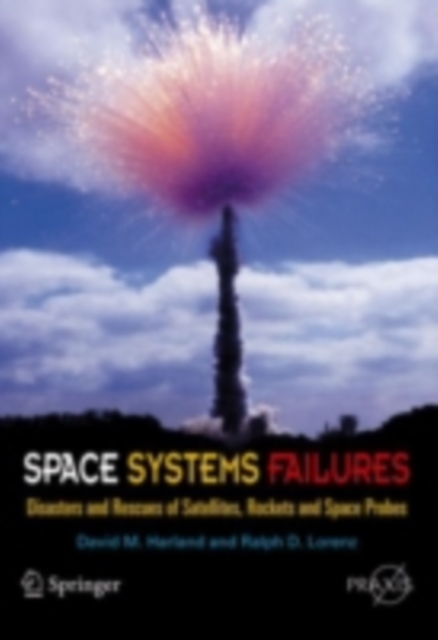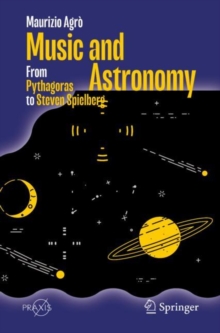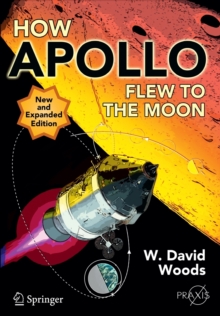
Space Systems Failures : Disasters and Rescues of Satellites, Rocket and Space Probes PDF
by David M. Harland, Ralph Lorenz
Part of the Springer Praxis Books series
- Information
Description
In the 1960s and 1970s deep space missions were dispatched in pairs in case one was lost in launch or failed during its journey. Following the triumphs of the Viking landings on Mars in 1976 and both Voyagers spacecraft successfully surveying the outer giant planets of the Solar System, it was decided by NASA to cut costs and send out just a single probe.
Although Magellan successfully mapped Venus by radar, it suffered from problems during the flight. Then came the loss of Mars Observer, whose engine exploded as it was preparing to enter Mars’ orbit because it was using technology designed for Earth’s satellites and the engine was not suited to spending several months in space. Later came the high-profile losses of Mars Climate Observer and Mars Polar Lander - a consequence of the faster, better, cheaper philosophy introduced by Dan Goldin in 1993. Even the highly successful Galileo mission suffered a major setback when its high-gain antenna (also based on satellite mission suffered a major setback when its high-gain antenna (also based on satellite communication technology) failed to deploy fully, greatly diminishing the craft’s radio transmission capabilities, forcing the ground crew to re-programme the on-board computer to enable it to fulfil its mission and provide stunning images of Jupiter and its moons.
In Space Systems Failures, David Harland (here working with co-author Ralph Lorenz) describes the many quite fascinating tales of woe involving failures of rockets, satellites and deep space missions in his inimitable style, providing a unique insight into the trials and tribulations of exploration at the high frontier.
Information
-
Download Now
- Format:PDF
- Publisher:Springer New York
- Publication Date:14/09/2007
- Category:
- ISBN:9780387279619
Other Formats
- Paperback / softback from £33.75
Information
-
Download Now
- Format:PDF
- Publisher:Springer New York
- Publication Date:14/09/2007
- Category:
- ISBN:9780387279619



